Event Organizers
Laura Alvarez
CRPP, University of Bordeaux
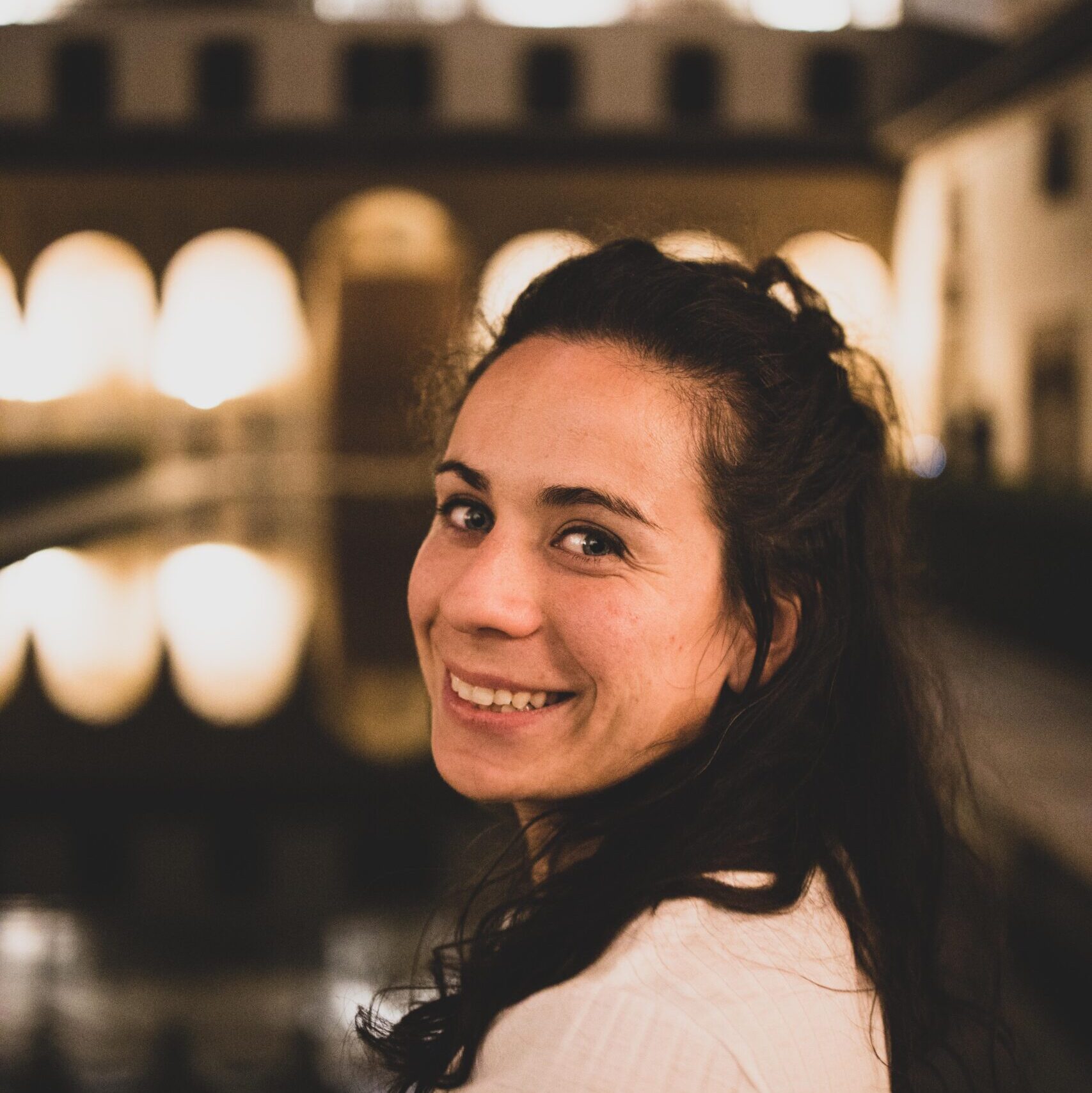
Laura Alvarez
CRPP, University of Bordeaux
Laura is an Assistant Professor (Tenure Track) at the University of Bordeaux (France). She is a physico-chemical experimentalist specialized in active matter and bioinspired systems. She was awarded a joint PhD between the University of Bordeaux and KU Leuven on the dynamical behavior of colloidal liquid crystals. Later, she did her Postodc at the Department of Materials at ETH Zurich, where she performed pioneer work on the fabrication of responsive active colloidal assemblies. Since January 2022, in her group at Bordeaux (Soft BioColloids), they are mainly working on the confection of artificial cells integrating active colloidal units, with the goal of realizing motile and functional cell-mimetic microdevices. She is a strong advocate for inclusion and equality policies in academia (and in general).
Nirvana Caballero
University of Geneva
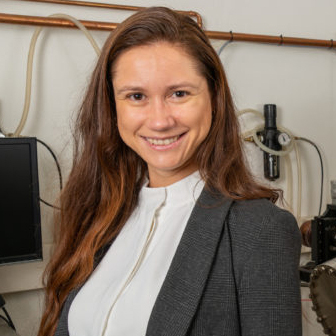
Nirvana Caballero
University of Geneva
Nirvana is a postdoctoral researcher and teaching assistant at the University of Geneva. She is a theoretical physicist who has specialized in statistical and computational physics. She develops advanced analytical and numerical techniques to treat the equilibrium and non-equilibrium dynamics of complex models for both, inert and living systems, and works in close collaboration with experimental colleagues in Physics and Biology. She has been developing models to study complex domains and interfaces in ferromagnets, ferroelectrics and biological systems at multiple scales from cell membranes to individual and collective cell migration. She writes a science blog called "Complex Physics in 2 minutes" (nirvana caballero.org).
Francesco Cagnetta
EPFL, Lausanne
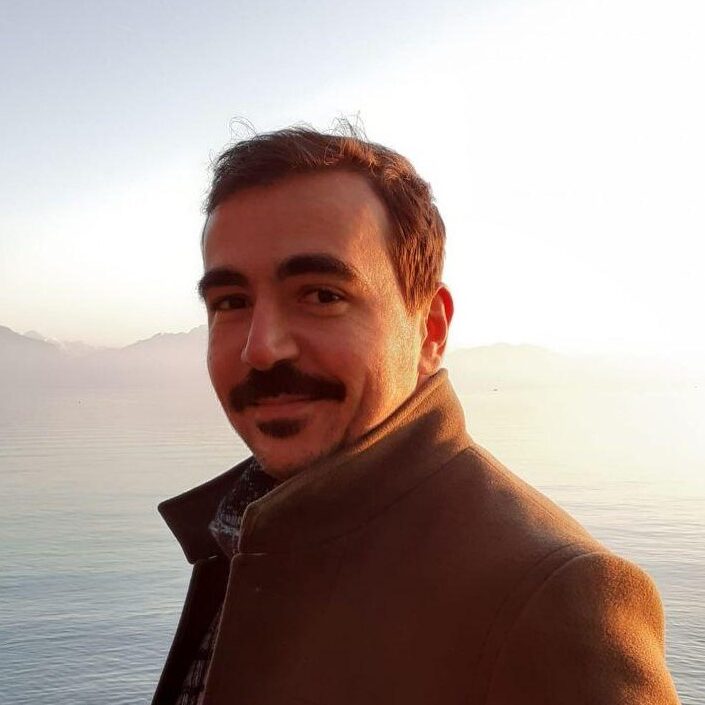
Francesco Cagnetta
EPFL, Lausanne
Theoretical physicist with a soft spot for statistical mechanics, currently a member of the Physics of Complex Systems Laboratory at EPFL. After graduating from the University of Bari, I obtained my PhD at the University of Edinburgh by studying biologically relevant interfaces, such as the membrane of a cell, within the framework of kinetic roughening. Throughout my studies I have developed an interest in the theory of learning, both for artificial and real neural networks, which I am pursuing at present by seeking a theoretical understanding of modern machine learning methods. In particular, I aim at relating the success of such methods to the interplay between the structure of the tasks to learn and that of the method itself.
Javier Cristín
ISC-CNR, Rome
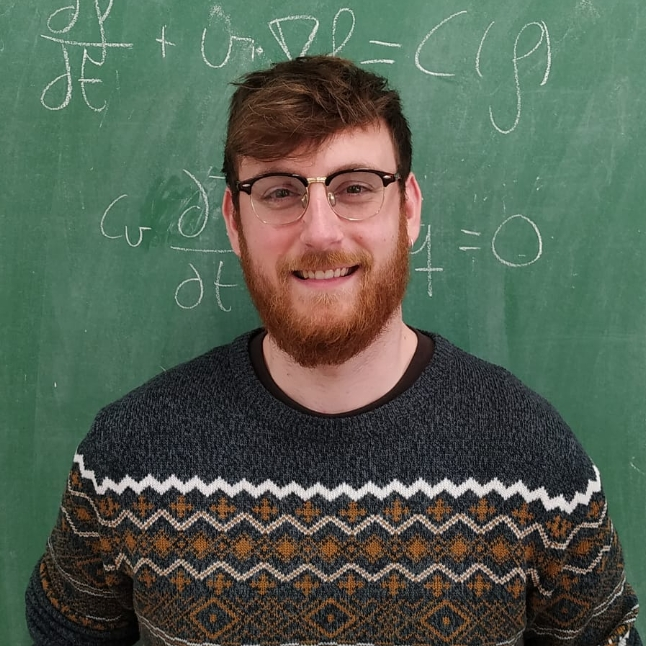
Javier Cristín
ISC-CNR, Rome
I am a statistical physicist, especially interested in complexity. I obtained my PhD from the Autonomous University of Barcelona in 2021. Currently, I work as a postdoctoral researcher at the CoBBS group in Rome. Here, we transfer our knowledge of traditional statistical physics to the study of collective motion in biological systems, such as bird flocks or midges swarms. In particular, I focus on understanding which interaction rules between individuals guide the dynamics of these collectives.
Antonio Culla
ISC-CNR, Rome
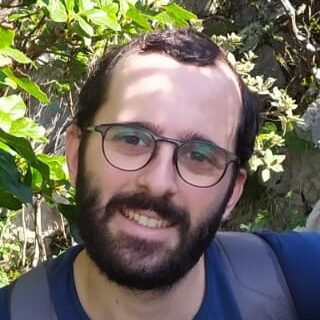
Antonio Culla
ISC-CNR, Rome
I am a researcher in theoretical physics and experimental biophysics. During my PhD in Rome in the CoBBS group, I studied a new model, from a theoretical and a numerical point of view, in order to reproduce the most important and peculiar statistical properties of starling flocks' speeds. Our work has been published in an influential journal fit for a broad audience from the field of physics and biology. My current research project consists of an experiment to investigate stem cells motility and duplication. We are recording time-lapse videos with phase contrast microscopy of in vitro human bone marrow stem cells and also developing a segmentation and tracking algorithm to compute the cells trajectories from cells' videos.
Varda Hagh
University of Chicago
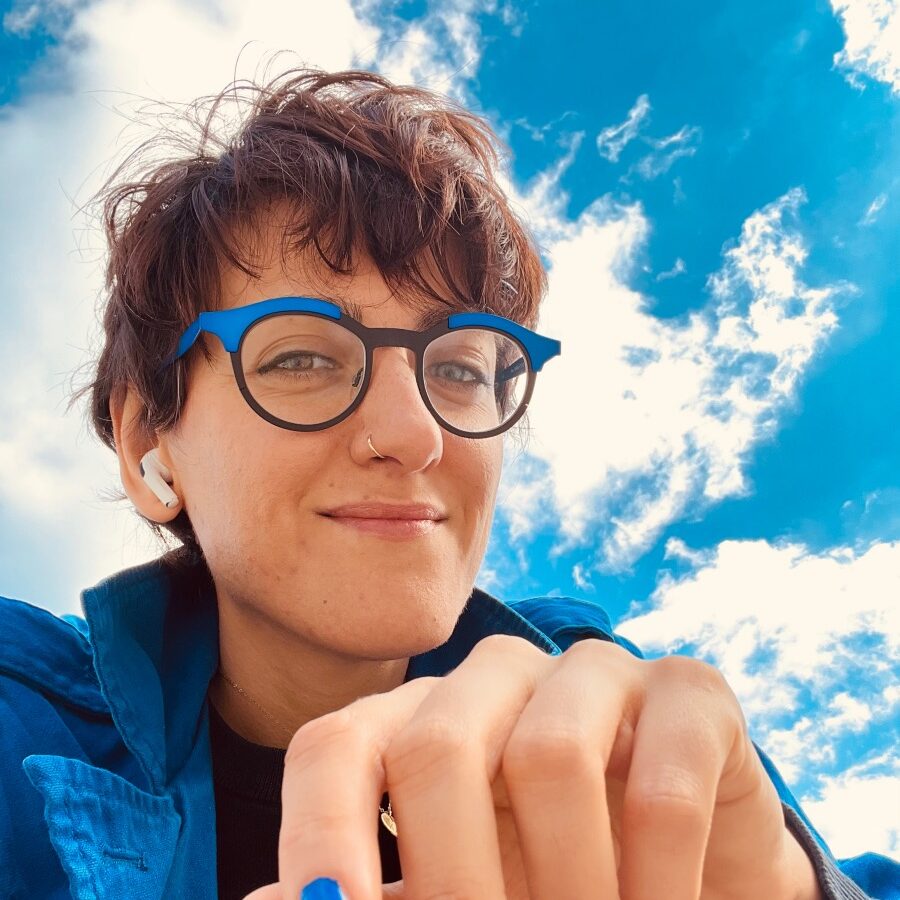
Varda Hagh
University of Chicago
Varda is a postdoctoral researcher at the James Franck Institute of the University of Chicago, and a member of the Simons Collaboration on Cracking the Glass Problem. The focus of Varda's research is on material training and memory formation in disordered materials. They are interested in designing bio-inspired and mechanical metamaterials that learn new behavior in response to the environment.
Efe Ilker
Max Planck Institute, Dresden
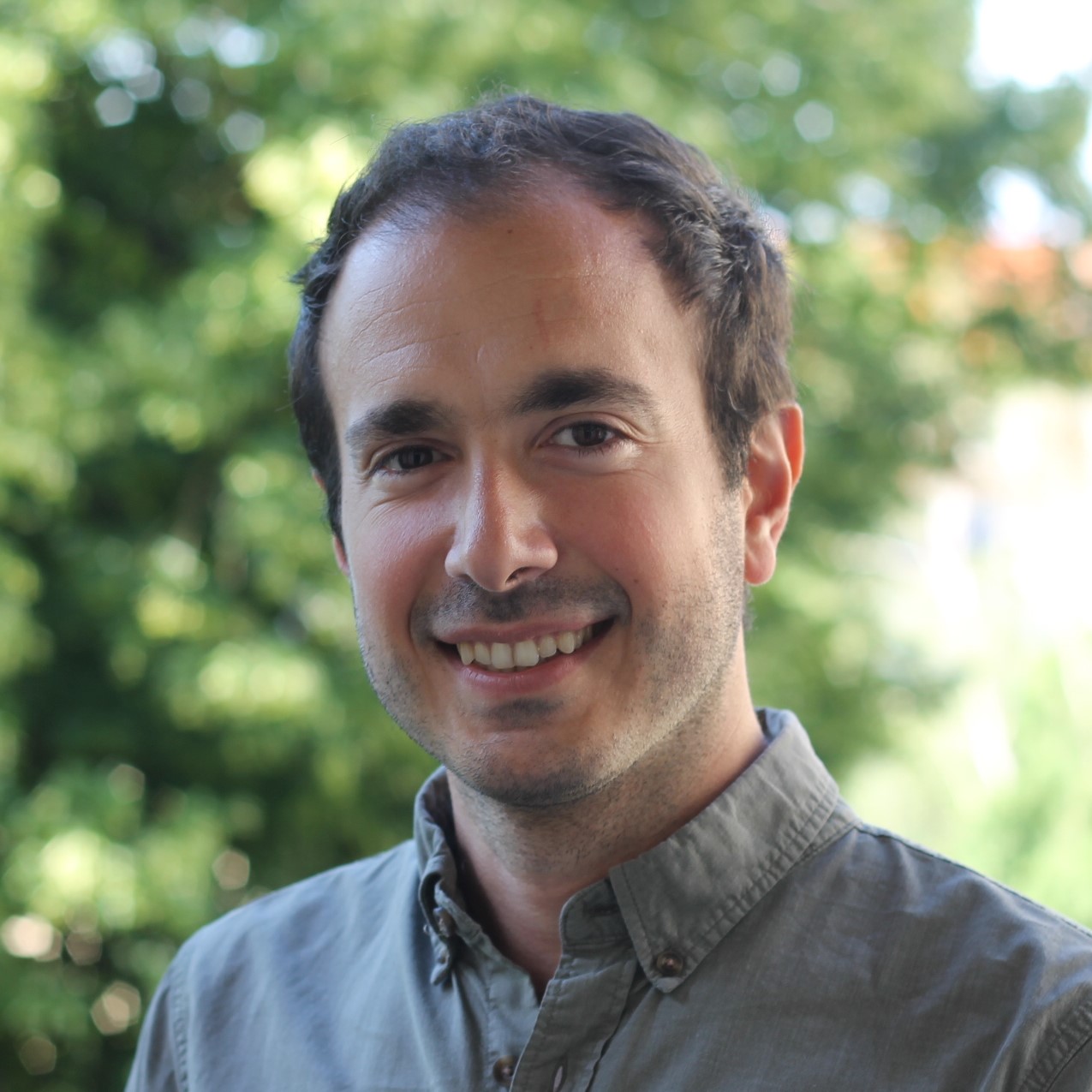
Efe Ilker
Max Planck Institute, Dresden
I’m a theoretical biophysicist at the Max Planck Institute for the Physics of Complex Systems. Following my PhD in Istanbul on statistical physics, I started working on biophysical problems and moved to US, then to France and recently to Germany. My research focuses on self-organization in living organisms: dynamics of biochemical networks, cells, and tissues, and the evolution of populations. I am interested in unraveling the influence of metabolism in evolution and development of organisms.
Stefania Ketzetzi
ETH, Zurich
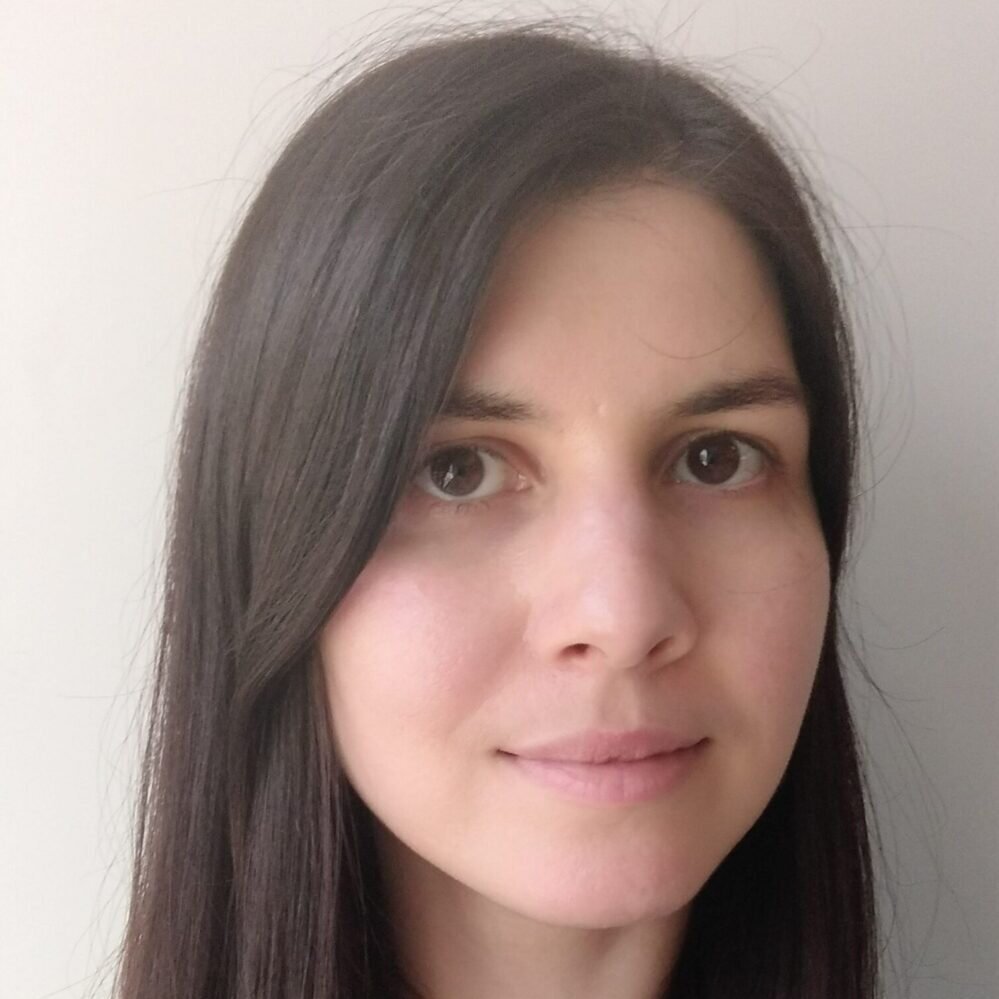
Stefania Ketzetzi
ETH, Zurich
I am an experimental physicist who primarily uses optical microscopy and particle tracking to investigate behaviors of model colloidal particle systems in (active) soft matter. I earned my PhD from the Leiden Institute of Physics (LION) researching the one- and two-dimensional motion of active colloids near confining boundaries. For my Doctoral research, I was Discoverer of the Year 2020 at LION and runner-up for the van Arkel Prize for Best Thesis in Soft Matter in the Netherlands for 2020 and 2021. As a Postdoc at ETH Zurich, I currently investigate adaptive colloidal swimmers, with the aim to design programmable navigation strategies via surface interactions that will enable intricate task performance inside complex environments.
Daniel Matoz
University of Warsaw
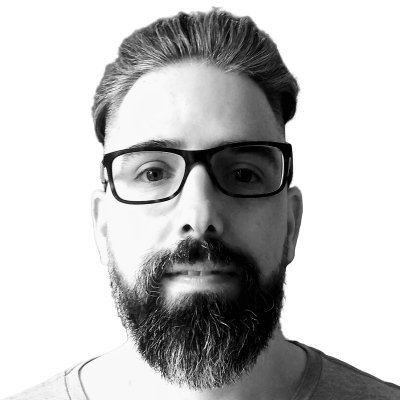
Daniel Matoz
University of Warsaw
Computational physicist working at the interface between biology and physics. C++/CUDA Programmer. Assistant professor at University of Warsaw.
Stefania Melillo
ISC-CNR, Rome
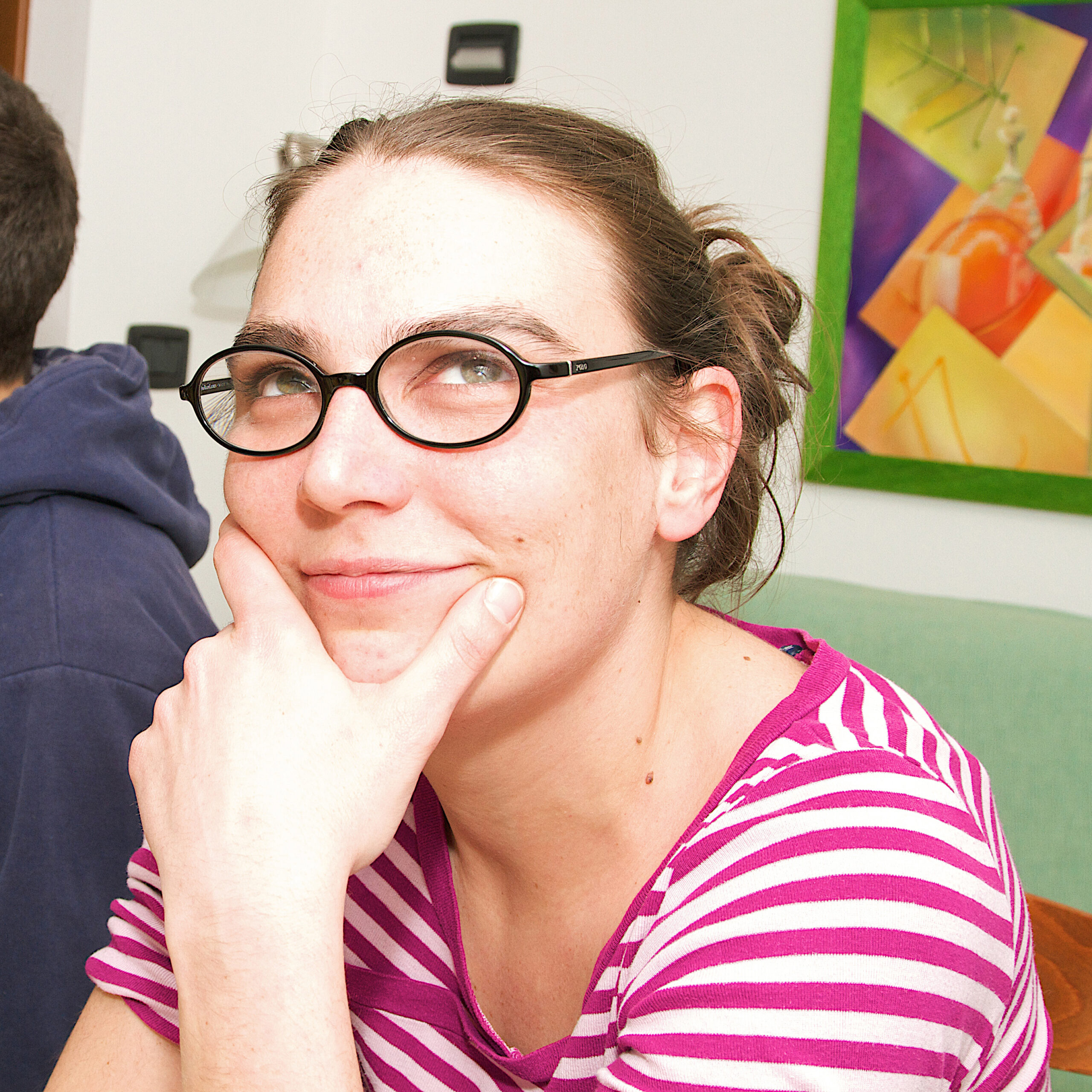
Stefania Melillo
ISC-CNR, Rome
I am the Head of the Experimental and Tracking unit of CoBBS Lab (www.cobbs.it). My background is in applied mathematics but from 2010, when I joined CoBBS group, my research is mainly focused on 3D field experiments with stereo-camera systems. I am fascinated by all aspects of the experiment: from the design of the set-up and the data collection to 3D tracking and data analysis. I have a deep experience in standard static systems and recently I moved my interest to the development of dynamic 3D systems, a rather demanding set-up that is still unexplored for field experiments on collective animal behavior.
Leonardo Parisi
ISC-CNR, Rome
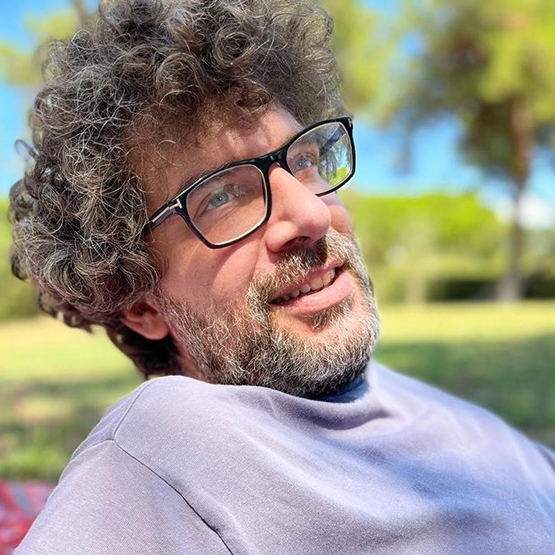
Leonardo Parisi
ISC-CNR, Rome
I am a computer scientist. My work is mainly focused on computer vision, 3D tracking, and GPU programming. I am fascinated by collective animal behavior and I have recently joined the CoBBS group at the Institute for Complex Systems ISC where I am now a researcher. I also work on the reconstruction of the 3D trajectories of the space debris, in collaboration with the 5SLab at DIMA (Department of Mechanical and Aerospace Engineering) of University Sapienza of Rome).
Massimiliano Viale
ISC-CNR, Rome
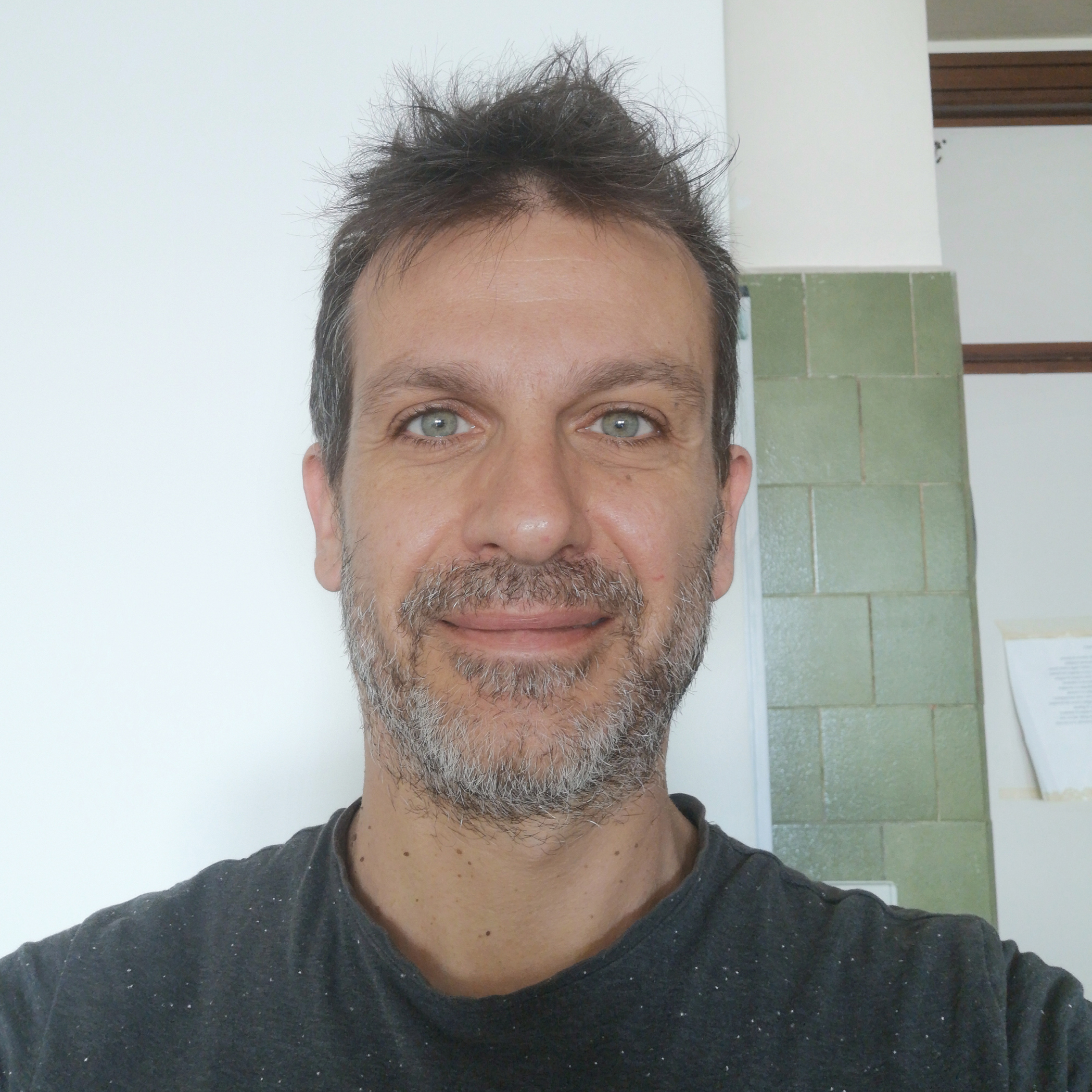
Massimiliano Viale
ISC-CNR, Rome
During his PhD, he worked extensively on disorder systems with a focus on optimization algorithms which are inspired by analogy between spin glass and NP-problems. Later, as post doc researcher, he starts to deal with collective biological behavior. Mainly, he developed many-bodies tracking algorithms and statistical inference methods to the study of bird flocks and, over a period of about 10 years, he has contributed to notable scientific publications on this subject. Currently he works on general issues concerning the non-equilibrium properties of soft and active matter systems and on the possibility of building, by starting from the experimental data, effective models able to describe the behavior of granular materials.